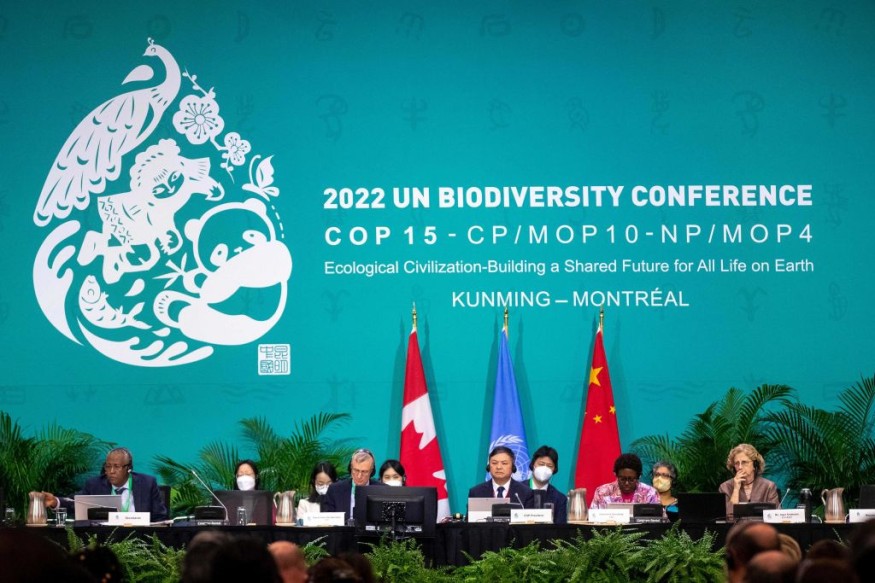A draft UN nature deal was proposed over the past two weeks with the aim of protecting 30% of Earth. It also prompts wealthy nations to contribute $30 billion each year to developing countries to help them carry out their objectives to prevent biodiversity and nature loss.
Amid climate change and global warming, the UN and its collaborators aim to prevent environmental catastrophic by the end of 2030.
UN Nature Deal

The United Nations Biodiversity Conference (COP 15) consisted more than 10,000 people, including environmental activists, scientists, and government officials around the world. The gathering, which transpired from December 7 to December 19 in Montreal, Canada, aimed at discussing the progress made by the Paris Agreement and dealing a pact with nature to preserve crucial ecosystems on Earth.
The UN-led event also consists of representatives from almost 200 countries with the hope of developing a plan and agreeing on a unified stance against climate change and global warming, particularly restoring our planet's damaged nature and biodiversity by the end of the decade. However, there is more to be done in addition to the draft UN nature deal.
The COP 15 summit also saw the following progress or discussions made after the world came together in Montreal, leaning towards a collective new set of goals as guide to global action until 2030 to halt nature and biodiversity loss:
- conceptualization of a framework towards the implementation of the said goals
- addressing objectives to tackles existing issues like overexploitation, environmental pollution, and among others
- creation of a plan that protects the rights of indigenous people and recognize their contributions
- finance of biodiversity projects or efforts
Paris Agreement
Often called as the Paris Accords or the Paris Climate Accords, the Paris Agreement requires member countries to respond and make significant efforts against the climate crisis and warming of the planet. In this context, the UN-led Paris Treaty aims to reduce the global temperature by 1.5 degrees Celsius.
Such measures can be done by reducing greenhouse gas emissions, mitigating burning of fossil fuels, deviating from deforestation, and other environment-damaging human activities. Drafted in 2015, the Paris Climate Agreement took effect in 2016 and consisted of over 190 member nations.
Ecosystems at Risk
In January 2020, a study published in the journal Philosophical Transactions of the Royal Society B asserted that rapid anthropogenic climate change or human-induced climate change is affecting ecosystems around the world.
Following the Industrial Revolution, the turn of the early 21st century saw the relative impact of the climate emergency to Earth's biosphere, affected by increased ocean acidification and atmospheric carbon dioxide amounts.
The same topic was the center of discussion at the COP 15 summit, as mentioned earlier. Despite the emergence of the draft UN nature deal, reports suggest that attendees were still discussing certain areas, including how much rich nations would contribute, as cited by Phys.org.
© 2025 NatureWorldNews.com All rights reserved. Do not reproduce without permission.





